Hello everyone!
We often hear about "functional foods" and "nutraceutical foods" and today in this post I thought of reporting some information about them!
Introduction
Functional foods can be defined as:
- Those who have a hypothetical metabolic and regulatory role more important that one present in common foods present in the usual diet;
- Those whose intake is able to lead to a positive final result for human health and that this result can be monitored;
- They must be able to be consumed in the form of food and not of pharmaceutical preparations.
The word "nutraceutical" derives from the fusion of the terms "nutritional" and "pharmaceutical" and indicates foods, or parts of foods, which provide benefits for human health, both conservative and preventive.
FAO and WHO suggest the consumption of at least 400 g of fruit and vegetables per day, possibly at 5 different times of the day.
It would also be important to respect the so-called 5 colors of well-being: blue / purple, white, green, yellow / orange and red.
By taking 5 portions of fruit and vegetables a day, the intake of about 1.5 g of nutraceutical components is guaranteed!
The importance of the foods described above derives from the fact that the consumption of vegetable foods, which are rich in nutraceuticals, allows you to better protect your health in a less expensive and more natural way than using synthetic products!
In fact, it has been seen that regular consumption of vegetable products such as fruit and vegetables is associated with a reduced risk of chronic diseases:
- Obesity;
- Cardiovascular diseases;
- Cancer;
- Diabetes;
- Hypertension;
- ...
Carotenoids
Carotenoids are probably the best known class of nutraceuticals! They carry out many very important actions:
- Reduce heart attack risks;
- Protect against sunlight radiation;
- Reduce the risk of cataracts;
- Protect against chronic bronchitis, emphysema and asthma.
Functional foods containing these chemical compounds can be found, for example, in:
- Carrots;
- Melons;
- Brussels sprouts;
- Pumpkin;
- Apricots;
- Dark green broadleaf vegetables.
Lycopene is the carotenoid most present in the human body, which is not able to synthesize it and, therefore, it can only be taken through the diet.
It is a particular chemical compound that increases its bioavailability during cooking (for example, in tomato sauce).
Lycopene is attributed with the important property of protecting against bladder, prostate, stomach, colon and liver carcinoma.
Isoflavones
Isoflavones are numerous in the mediterranean diet and mainly perform protective functions as:
- Prevent bone loss;
- Reduce LDL cholesterol levels by 12-15%;
- Protect against heart disease.
These chemical compounds are found mainly in legumes such as beans, lentils and soybeans.
Sulfur compounds
Allyl sulphides are very important as they perform numerous actions in the body:
- Lower blood pressure;
- Strengthen the cardiovascular system and the immune system;
- Stimulate enzymes that inhibit bacterial growth;
- They have cancer preventive properties.
Functional foods that contain these chemicals are, for example:
- Garlic;
- Onions;
- Leeks;
- Chives;
- Shallots.
Anthocyanidins
These are powerful antioxidant agents that have a preventive function against cancer, as they prevent angiogenesis, i.e. the formation of capillary vessels in cancer cells that provide oxygen and nutrients necessary for small tumors to grow and reproduce!
The main functional foods that contain these chemicals are:
- Grape;
- Raspberries;
- Blueberries;
- Cherries;
- Blackberries;
- Strawberries;
- Beets.
Glucosinolates
It is an important category of glucosides composed of a sugar part linked, through a sulfur atom, to the aglyconic part, derived from amino acids. It has been seen that these chemical compounds have a fundamental importance in the prevention of carcinogenesis, even if the mechanism has not yet been fully explained.
We can find glucosinolates in foods such as:
- Cabbage;
- Brussels sprouts;
- Broccoli;
- Cabbages;
- Cauliflower.
I hope you enjoyed this post and... Enjoy your meal!
See you next time,
Delilha
ITA
Ciao a tutti!
Si sente spesso parlare di “alimenti funzionali” e “alimenti nutraceutici” e oggi in questo post ho pensato di riportare qualche informazione a riguardo!
Introduzione
Gli alimenti funzionali possono essere definiti come:
- Quelli che possiedono un ipotetico ruolo metabolico e regolatorio al di sopra di quello presente negli alimenti comuni presenti nella dieta abituale;
- Quelli la cui assunzione è in grado di portare a un risultato finale positivo per la salute dell’uomo e che questo risultato sia monitorabile;
- Devono poter essere consumati sotto forma di alimenti e non di preparazioni farmaceutiche.
La parola “nutraceutico” deriva dalla fusione dei termini “nutrizionale” e “farmaceutico” e indica alimenti, o parti di alimenti, che forniscono benefici per la salute dell’uomo, sia conservativa che preventiva.
Importanza dei nutraceutici
FAO e OMS suggeriscono il consumo di almeno 400 g di frutta e verdura al giorno, possibilmente in 5 momenti diversi della giornata.
Sarebbe importante anche rispettare i cosiddetti 5 colori del benessere: blu/viola, bianco, verde, giallo/arancio e rosso.
Assumendo 5 porzioni al giorno di frutta e di verdura, viene garantita l’assunzione di circa 1.5 g al giorno di componenti nutraceutici!
L’importanza degli alimenti sopra descritti deriva dal fatto che il consumo di alimenti vegetali, che sono ricchi di nutraceutici, permette di tutelare al meglio la salute in modo meno costoso e più naturale rispetto all’utilizzo di prodotti sintetici!
Infatti, si è visto che il consumo regolare di prodotti vegetali come frutta e verdura è associato a un ridotto rischio di patologie croniche:
- Obesità;
- Malattie cardiovascolari;
- Tumori;
- Diabete;
- Ipertensione;
- …
Carotenoidi
I carotenoidi sono probabilmente la classe più conosciuta di nutraceutici! Essi svolgono numerose azioni importantissime:
- Riducono i rischi di attacco cardiaco;
- Proteggono contro la radiazione da raggi solari;
- Riducono il rischio di cataratte;
- Proteggono contro bronchiti croniche, enfisemi e asma.
Alimenti funzionali che contengono questi composti chimici possono essere trovati, ad esempio, in:
- Carote;
- Meloni;
- Cavolini di Bruxelles;
- Zucca;
- Albicocche;
- Vegetali a foglia larga verde scuro.
Il licopene è il carotenoide maggiormente presente nell’organismo umano, il quale non è il grado di sintetizzarlo e, pertanto, esso può essere assunto solo tramite la dieta.
Si tratta di un composto chimico particolare che aumenta la sua biodisponibilità durante la cottura (ad esempio, nella salsa di pomodoro).
Al licopene si attribuisce l’importante proprietà di proteggere contro il carcinoma della vescica, della prostata, dello stomaco, del colon e del fegato.
Isoflavoni
Gli isoflavoni sono numerosi nella dieta mediterranea e svolgono prevalentemente funzioni protettive in quanto:
- Prevengono le perdite di tessuto osseo;
- Riducono i livelli di colesterolo LDL del 12-15%;
- Proteggono nei confronti di malattie cardiache.
Questi composti chimici si trovano prevalentemente nei legumi come fagioli, fave, lenticchie e soia.
Composti solforati
I solfuri allilici sono molto importanti in quanto svolgono numerose azioni nell’organismo:
- Abbassano la pressione sanguigna;
- Rafforzano il sistema cardiovascolare e il sistema immunitario;
- Stimolano enzimi che inibiscono la crescita batterica;
- Hanno proprietà preventive nei confronti del cancro.
Gli alimenti funzionali che contengono questi composti chimici sono, ad esempio:
- Aglio;
- Cipolle;
- Porri;
- Erba cipollina;
- Scalogni.
Antocianidine
Si tratta di potenti agenti antiossidanti che hanno una funzione preventiva nei confronti del cancro, in quanto impediscono l’angiogenesi, ovvero la formazione nelle cellule tumorali di vasi capillari che apportano ossigeno e nutrienti necessari ai piccoli tumori per crescere e riprodursi!
I principali alimenti funzionali che contengono questi composti chimici sono:
- Uva;
- Lamponi;
- Mirtilli;
- Ciliegie;
- More;
- Fragole;
- Barbabietole.
Glucosinolati
Si tratta di una categoria importante di glucosidi composti da una parte zuccherina legata, tramite un atomo di zolfo, alla parte agliconica, derivata da amminoacidi. Si è visto che questi composti chimici hanno un’importanza fondamentale nella prevenzione della carcinogenesi, anche se il meccanismo non è ancora stato espletato completamente.
Possiamo trovare i glucosinolati in alimenti come:
- Verza;
- Cavolini di Bruxelles;
- Broccoli;
- Cavoli;
- Cavolfiore.
Spero che questo post vi sia piaciuto e... Buon appetito!
Alla prossima,
Delilha
Fonti – Sources: "Wikipedia" 1; "My Personal Trainer"; “Principi di biochimica” – Lehninger; "Wikipedia" 2
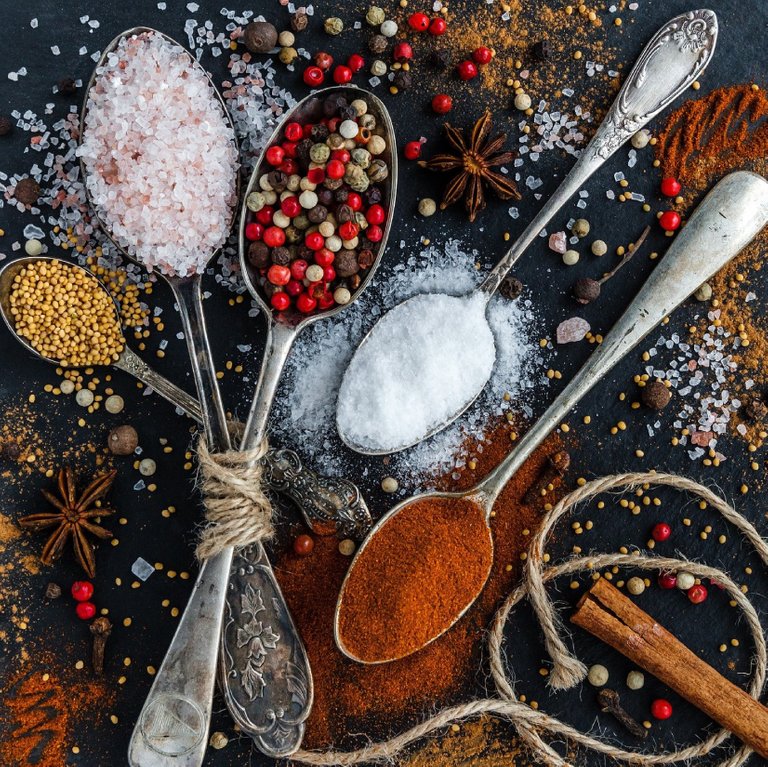

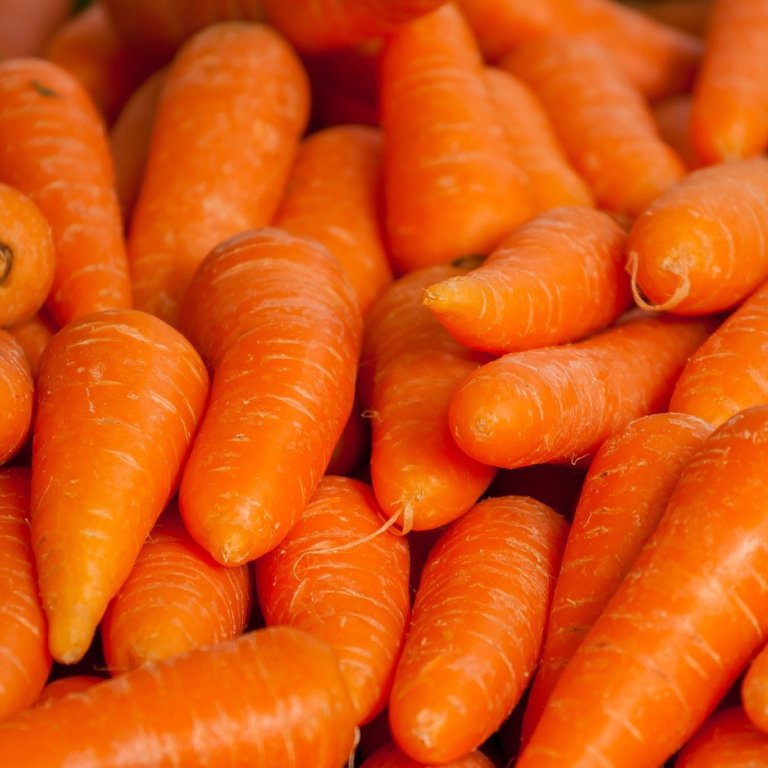
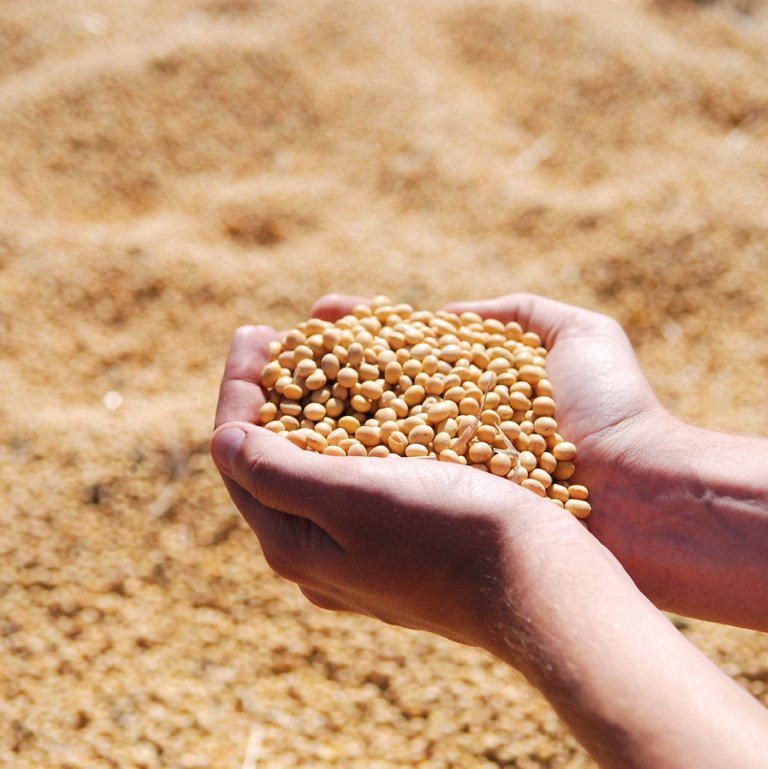
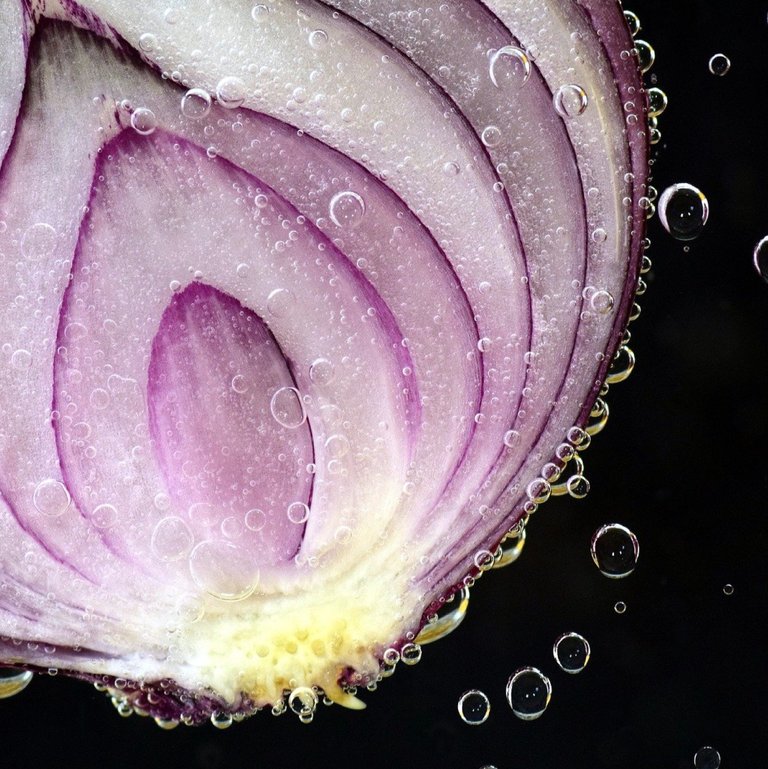
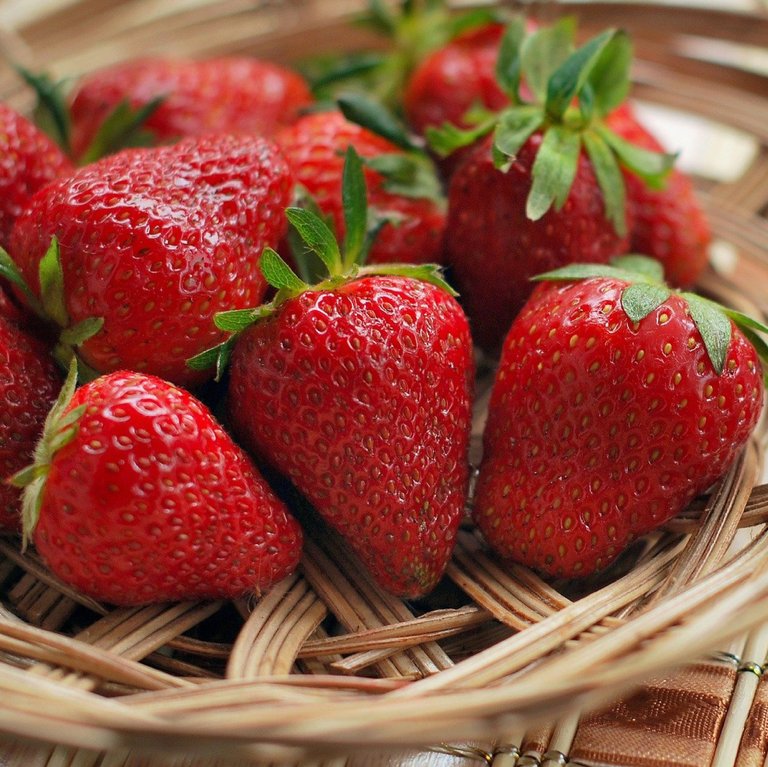
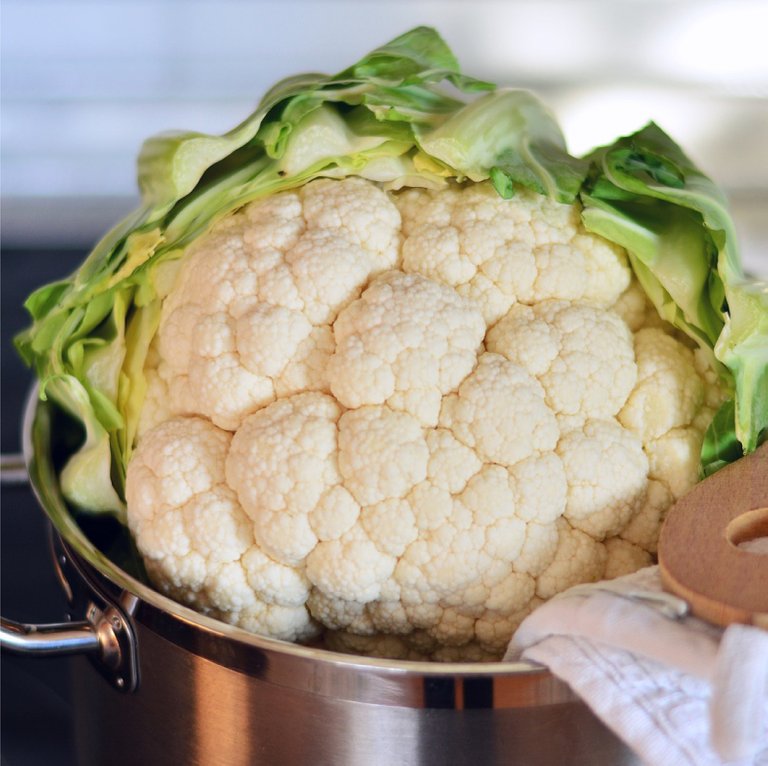
!discovery 50
Questo post è stato condiviso e votato all'interno del discord del team curatori di discovery-it Entra nella nostra community! hive-193212
This post was shared and voted inside the discord by the curators team of discovery-it. Join our community! hive-193212
Manually curated by the Qurator Team in partnership with @discovery-blog.
Keep up the good work!
Dear @delilhavores.
This is a very interesting and informative post. Thanks for reminding us the importance of vegetables in our daily life. Reading this post has made me known how much I need to eat more of vegetables.
However, if your post is rightly referenced and the pictures are rightly cited, I'm sure @STEMsocial would support it massively. Especially if you post through their app, www.stem.openhive.network.
Once again, you did a great job.
Hi! I'm very happy that you liked my post! :)
You're right, vegetables are really important, they're good for our health and they can also be tasty if well preparated (I also love cooking ahah!).
Regarding the references, I'm always trying my best! Every photo has a direct link to the website I take it from and they're license free. Text sources are at the end of the post, even if I did a personal rework, they're not "copy-paste" of course.
Anyway, thank you for you suggestion! I'll take a look at STEMsocial asap :)
Bell'articolo ed interessante blog.
Link all'articolo sulla Pagina Facebook di Hive Italia
Grazie mille! :)
Apprezzo molto il progetto!
Grazie a te.